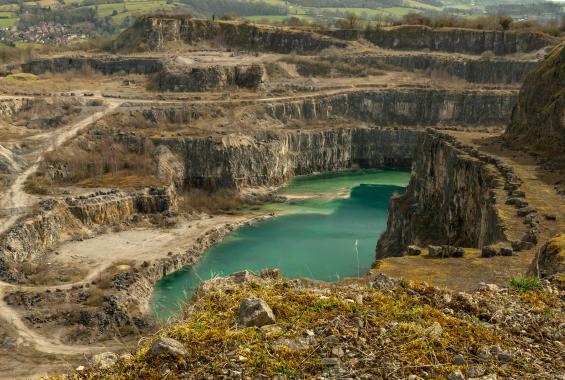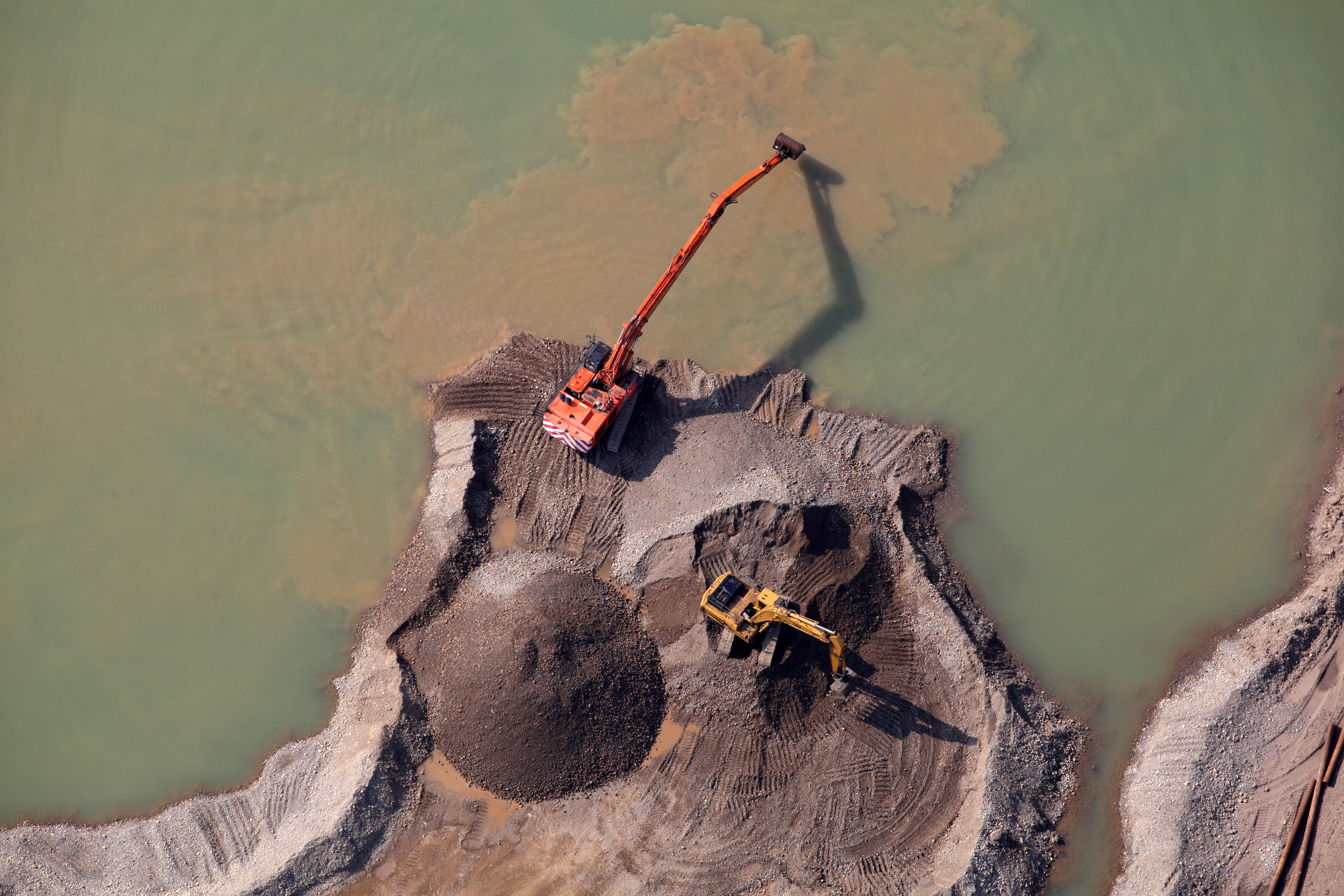

The removal of licensing exemptions for quarry dewatering, which came into effect on 1st January 2018, has had a significant effect on considerations of water management. Whereas the ability to remove water from mineral workings had been taken for granted, this is not now necessarily the case. At sites located in aquifer units that are closed for new abstractions it will not be possible to discharge water outside of the same unit. Water Framework Directive status is also likely to impinge upon dewatering activities in some areas.
Consequently, the commonly adopted method of pumping water from a sump, through settlement lagoons and ultimately to a watercourse will not be possible at numerous sites. We have already encountered sites where the Environment Agency has refused abstraction licences in closed aquifer units, leading to a complete re-think of water management and discharge arrangements.
In these circumstances there are two options, assuming that mineral extraction is still to proceed. The mineral is worked wet, with no active water management, by the use, for example, of long-reach excavators, or the water is retained within the same aquifer unit, with ‘disposal’ via recharge trenches, wellpoints, injection wells or waterbodies.
The implications of these licensing changes to the mineral industry are potentially significant, with questions posed about the viability of recovery of huge tonnages of consented sub-water table mineral. Carboniferous limestone is perhaps particularly vulnerable in this regard.
Hafren Water is working with several mineral operating companies in addressing the practical ways of overcoming the operational restrictions on water management which the licensing regime changes impose. We would be pleased to discuss means of addressing the matter. Please contact us.







